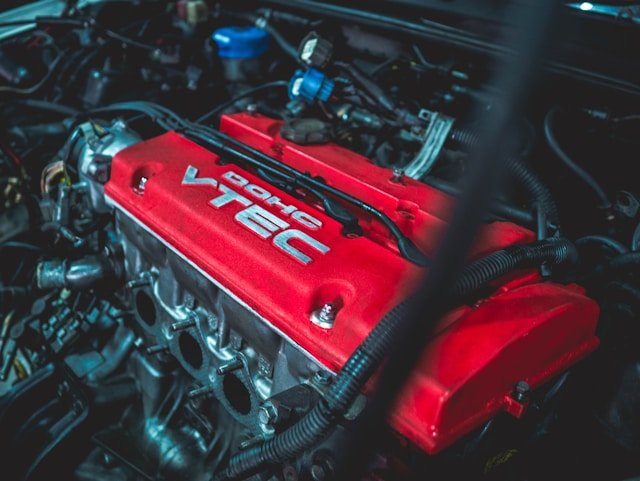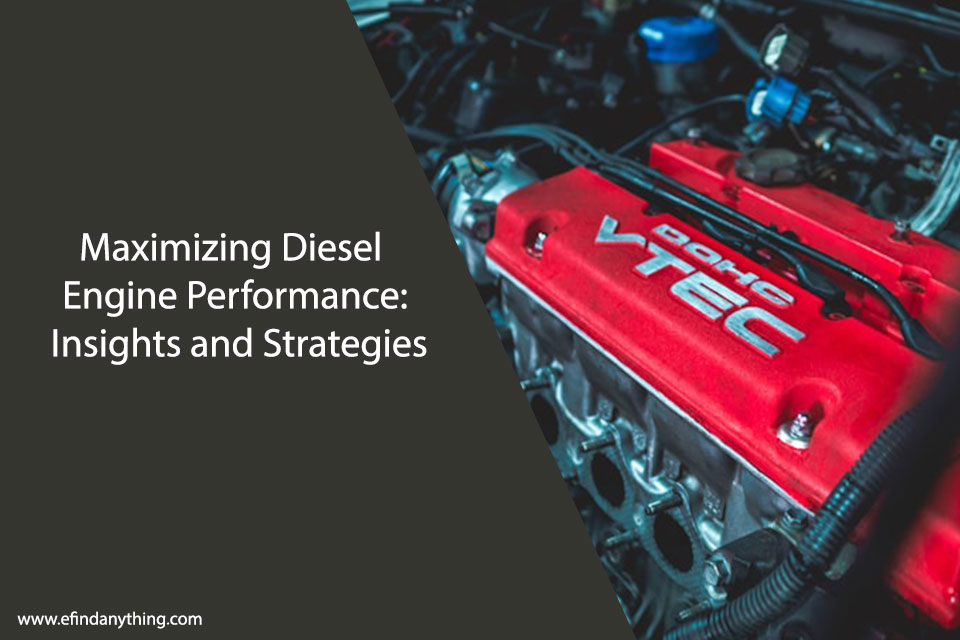
Diesel engines are renowned for their power, durability, and efficiency, making them the preferred choice for heavy-duty applications such as trucks, buses, and construction equipment. To ensure optimal performance and longevity, it’s crucial to understand the key components and maintenance practices that keep these engines running smoothly.
Fuel Injection System
The fuel injection system plays a vital role in diesel engine performance. Modern diesel engines utilize high-pressure common rail (HPCR) fuel injection systems, which deliver fuel at precise intervals and pressures. This advanced technology enables better fuel atomization, improving combustion efficiency and reducing emissions.
To maintain the fuel injection system, consider the following:
- Use high-quality diesel fuel to prevent clogging and damage to injectors
- Replace fuel filters regularly to ensure clean fuel reaches the injectors
- Have the injectors professionally cleaned and tested at recommended intervals
Turbocharging System
Turbochargers are essential components in modern diesel engines, boosting power output and efficiency by forcing more air into the combustion chamber. The Cummins ISX Turbo is a prime example of a high-performance turbocharger designed for heavy-duty applications.
To keep your turbocharger in top condition:
- Ensure proper lubrication by maintaining the engine oil level and quality
- Allow the engine to idle for a few minutes before shutting down to prevent oil coking
- Address any oil leaks promptly to prevent damage to the turbocharger bearings
Intercooler Maintenance
Intercoolers are critical components in turbocharged diesel engines, cooling the compressed air from the turbocharger before it enters the engine. This process increases air density, allowing for more efficient combustion and higher power output. To maintain the intercooler:
- Regularly inspect the intercooler for leaks, cracks, or damage
- Clean the intercooler fins to ensure optimal heat dissipation
- Replace the intercooler if it becomes severely damaged or clogged
Exhaust System
The exhaust system in diesel engines is responsible for managing the byproducts of combustion and reducing emissions. Modern diesel engines are equipped with exhaust aftertreatment systems, such as diesel particulate filters (DPF) and selective catalytic reduction (SCR) systems, to meet stringent emission regulations.
To maintain the exhaust system:
- Monitor the DPF for excessive soot buildup and perform regeneration cycles as needed
- Ensure the SCR system has an adequate supply of diesel exhaust fluid (DEF)
- Repair any exhaust leaks promptly to prevent performance issues and emission violations
Cooling System
Diesel engines generate significant heat during operation, making a well-functioning cooling system essential for maintaining optimal temperatures and preventing overheating. The cooling system consists of components such as the radiator, water pump, thermostat, and coolant.
To keep the cooling system in good condition:
- Maintain the proper coolant level and concentration
- Inspect hoses and clamps for leaks or deterioration
- Replace the thermostat and water pump at recommended intervals
- Flush the cooling system and replace the coolant as specified by the manufacturer
Engine Oil and Filtration
Using high-quality engine oil and filters is crucial for protecting the internal components of your diesel engine from wear and tear. Regularly changing the oil and filters helps remove contaminants, maintain proper lubrication, and extend the engine’s life.
Follow these tips for optimal engine oil and filtration maintenance:
- Use the recommended grade and viscosity of engine oil for your specific engine
- Change the oil and filters at the intervals specified by the manufacturer
- Monitor oil levels regularly and top up as needed
- Address any oil leaks promptly to prevent engine damage
Final Thoughts
Maximizing diesel engine performance requires a combination of regular maintenance, high-quality components, and attention to key systems such as fuel injection, turbocharging, exhaust, cooling, and lubrication. By following the insights and strategies outlined in this article, you can ensure your diesel engine operates at peak efficiency, delivering the power and reliability needed for demanding applications.
Remember, preventive maintenance is always more cost-effective than reactive repairs. By staying proactive and addressing potential issues before they escalate, you can minimize downtime, extend the life of your diesel engine, and ultimately save money in the long run.
